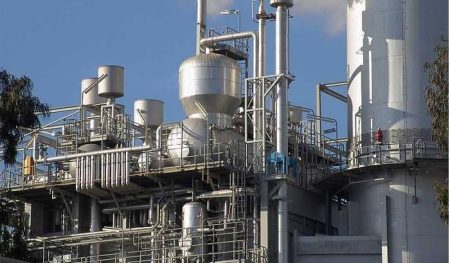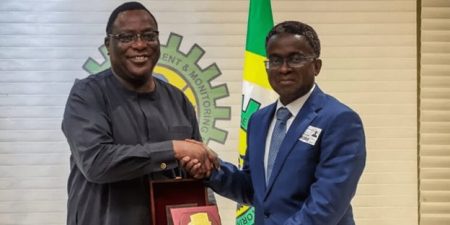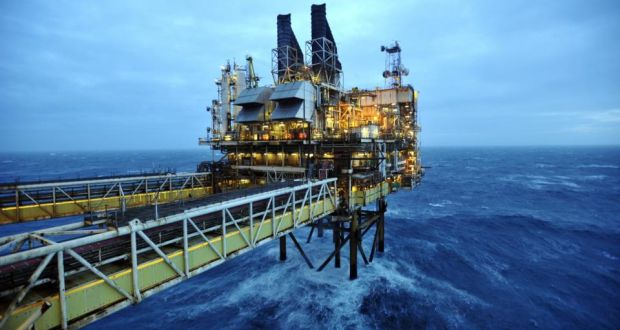 29 February 2012, Sweetcrude, Abuja – International Oil Companies operating in Nigeria will in June 2012 hire 40 indigenously owned vessels to replace contracted foreign owned vessels, thereby retaining $1.8bn in the Nigerian economy, the Executive Secretary of the Nigerian Content Development and Monitoring Board, Engr. Ernest Nwapa has said.
29 February 2012, Sweetcrude, Abuja – International Oil Companies operating in Nigeria will in June 2012 hire 40 indigenously owned vessels to replace contracted foreign owned vessels, thereby retaining $1.8bn in the Nigerian economy, the Executive Secretary of the Nigerian Content Development and Monitoring Board, Engr. Ernest Nwapa has said.
Speaking at the recent Nigerian Oil & Gas Conference 2012 in Abuja, the Executive Secretary explained that the Marine vessels and Rig ownership strategies adopted by the Board were yielding positive results.
According to him, the International Operating Companies made commitments to replace foreign vessels which the Board had defined as Category 2 Vessels.
Some of these include Anchor Handling Tugs (AHT), Dynamic Positioning Platform Supply Vessels (DP PSV) and Line Handling Tugs (LHT).
Category 1 Vessels in the Board’s definition include Crew Supply Vessels, Mooring Launch Vessels, Shallow Draft Vessels, Fast Supply/Intervention Vessels and Security Vessels.
Already, almost all the Category 1 vessels working in the Oil and Gas industry are owned by Nigerians and are being manufactured locally while an investor has concluded plans to begin manufacturing 40 meter vessels in Nigerdock Snake Island facility from 2013.
Nwapa recalled that the foreign owned vessels and rig operators dominated the sector before the enactment of the Nigerian Content Act, resulting in $3bn capital flight.
He however noted that the situation was changing. He said, “From our calculation, in 2012, we will be retaining over $1.8bn just by ensuring that these vessels are owned by Nigerians.
“In the past, they were getting spot contracts, but nobody can invest without a long term contract.”
Speaking further, the Executive Secretary described Local Content as a tool that will stimulate industrilisation of Nigeria, create productive employment and bring Nigerian jobs back.
He stressed that it was only by establishing pipe mills, dockyards and other facilities and patronizing them that indigenes of oil bearing communities will be integrated into the industry and employment opportunities created for Nigerians teeming youths
Nwapa explained that the Board was promoting equipment components manufacturing because of its capacity to employ appreciable number of people, adding that the Board will always insist that capacities of Nigerian yards and facilities must be exhausted before work can be exported.
He maintained that patronizing Nigerian facilities will help attract foreign investors and create practical learning opportunities for students.
The Executive Secretary also hailed the plan by Nigeria Liquefied and Natural Gas Company to set up a dry docking facility in Nigeria to service the company’s 24 tankers managed by BGT, noting that the project was bankable.
He clarified that efforts to increase Nigeria’s participation in the industry was not intended to drive out foreigners from the economy as the high tech areas are still open for foreign and indigenous players.
Recalling that all international operating companies in Nigeria had placed job with SCC Pipe Mill in Abuja, Nwapa stated that the Nigerian National Petroleum Corporation is in the process of placing an order with the company, which he said will help keep employees of the company at job.
He highlighted the need to set up more pipe mills in the country to ensure successful execution of the Gas Master Plan and replacement of old pipes, expected to utilize over 2500 kilometers of pipes in the next five years.
Apart from proposal by a company to build a mill in Calabar and the Yulong Pipe Mill to be sited in Yenagoa, Nwapa said there is also a need to site a mill in the north for use in the Gas Master Plan project.



